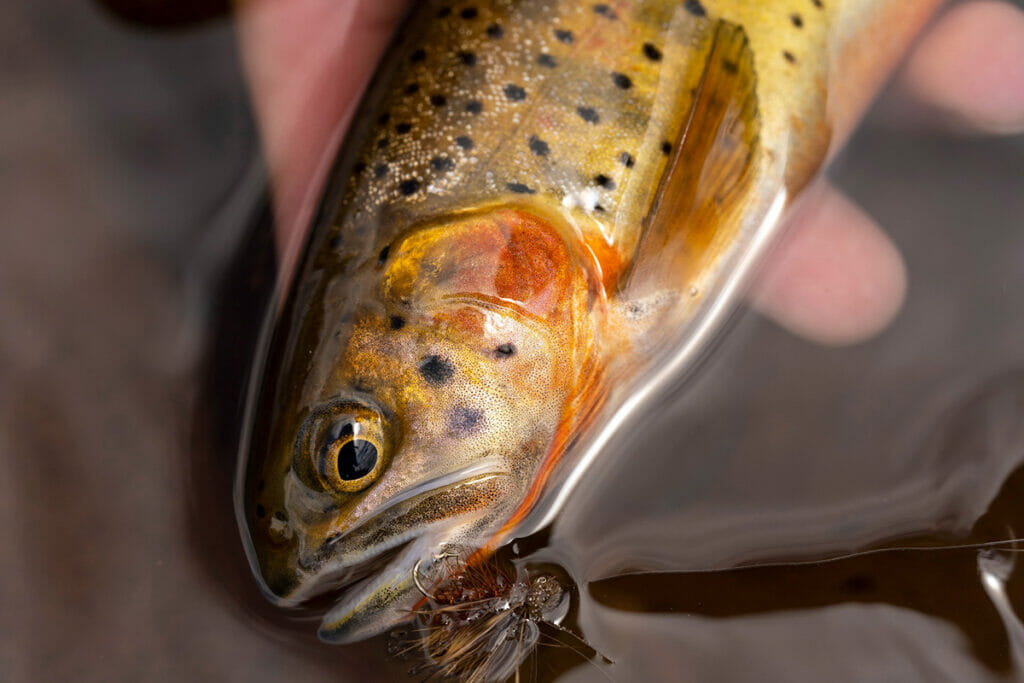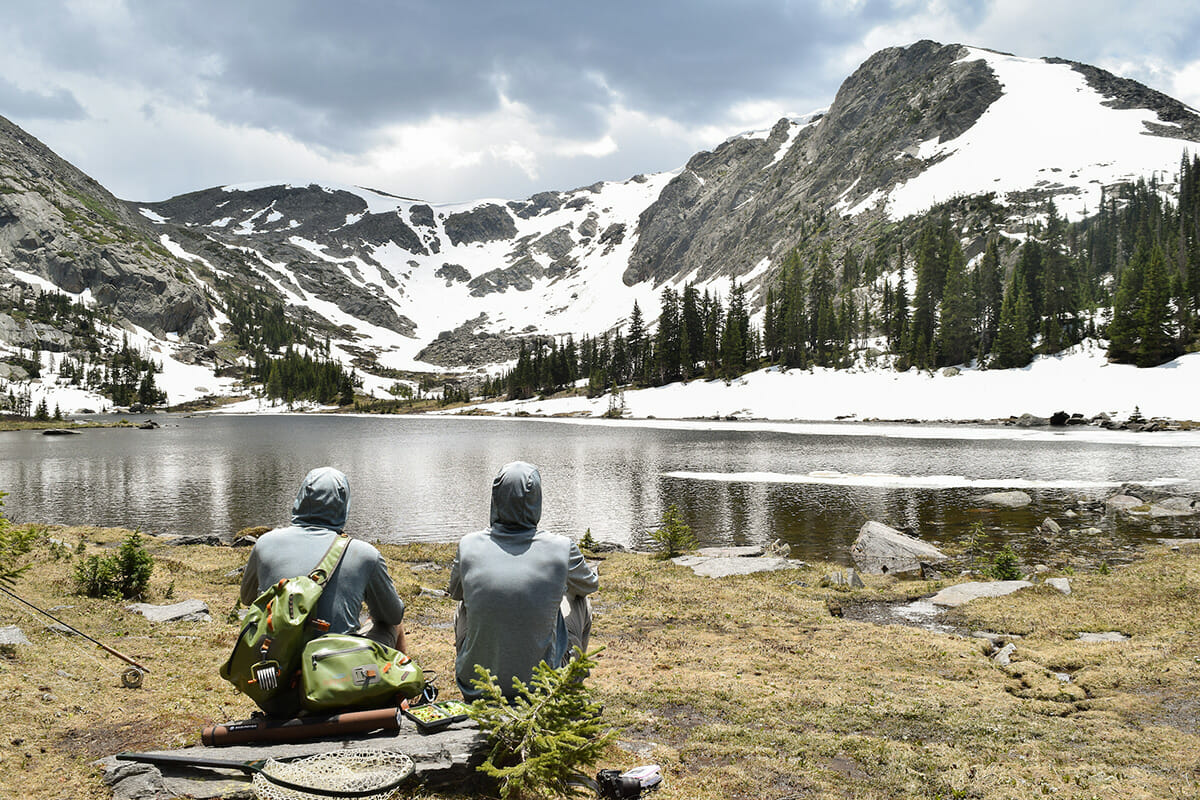While I was fishing the Delaware River with him several years ago, my friend, author Monte Burke, summed up the entire fly-fishing experience with succinct aplomb: “At the end of the day,” he said, “it’s really just about problem solving, like putting pieces of a puzzle together.”
How true! And I’ve found that the most dedicated anglers tend to be those who relish challenges, even simple ones like, “how am I going to trick that creature, hiding behind that rock, to eat this fly?”
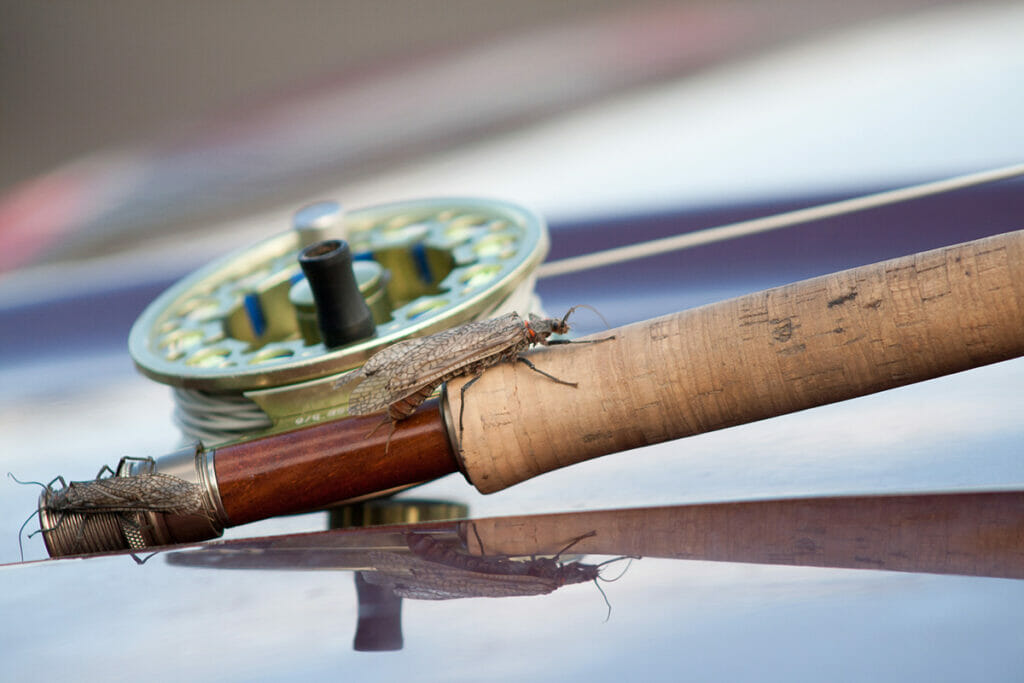
Of course, there are many factors that affect your chances. Can you see the fish? If not, do you at least have an educated hunch where it might be? Can you make a cast with fairly primitive tools that drops a fly in a spot where the fish will notice? Can you choose a fly pattern that looks enticing enough to prompt the fish to want to eat it? And, maybe most important, can you present that fly in a way that makes it seem natural enough that the trout will really be fooled?
If you can do all that, boom… easy enough. Nothing to it!
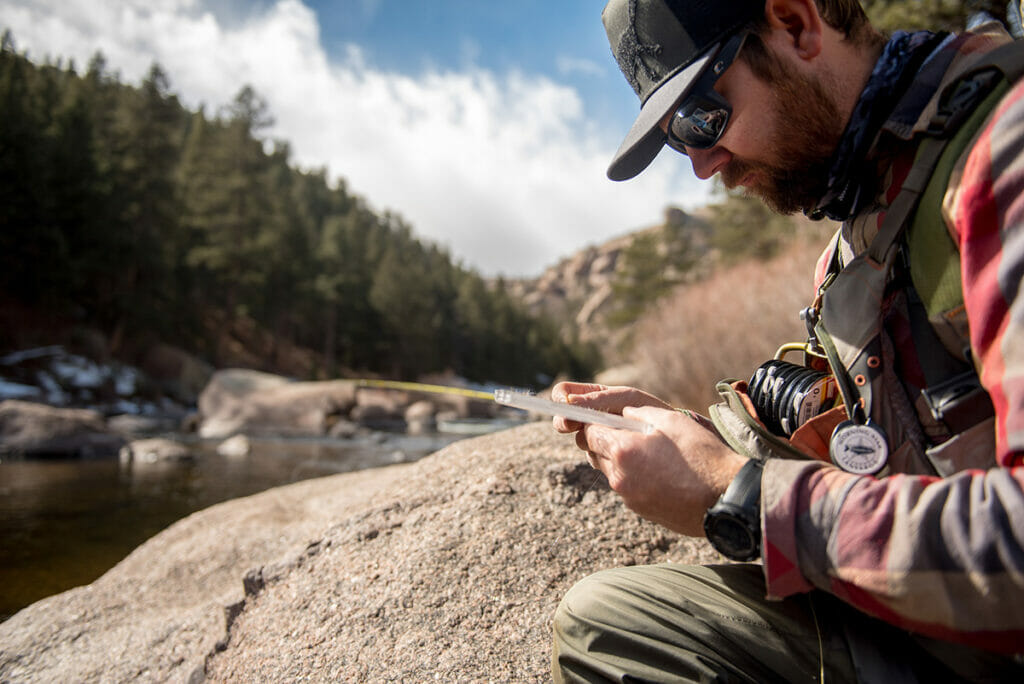
But I’m here to tell you that I’ve been doing this stuff a very, very long time. And still, more often than not, I fumble one of those variables, and I fail.
And I couldn’t be more grateful for that.
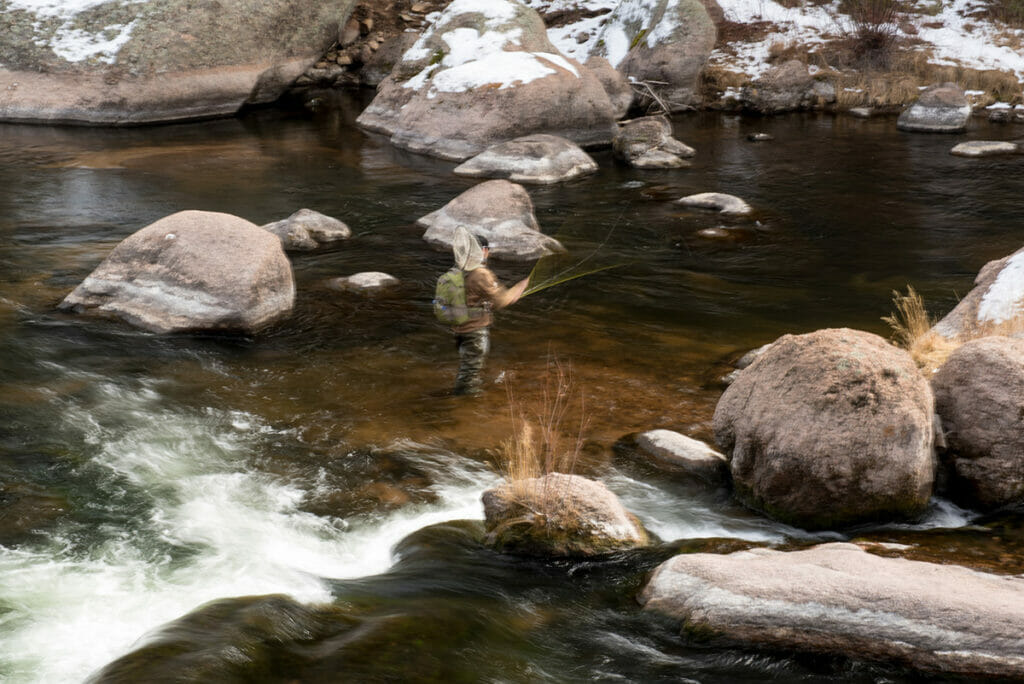
Because that’s what keeps me interested, and thinking, and pressing and learning. As far as I’m concerned, the day I stop learning will be the day I hang up my waders and stop fly fishing forever. I just don’t see that happening.
If I made every putt on the golf course, and scored under par every time out… well… actually no, I wouldn’t quit golfing; I’d be on the PGA Tour making piles of dough and you wouldn’t be reading this. But in the real world, no golfer makes every clutch putt, and nobody expects anyone to win every game or match, or solve every riddle, every time. That’s the beauty of sport. And fly fishing is a sport.
Still, I often hear from frustrated friends: “Oh, fly casting is so hard, I’ll never figure that out.” Or, “I’d fish more, but the knots you have to tie are so complex.” Or, “I thought I did everything right, and the fish ate my fly, but it got off before I could land it…”
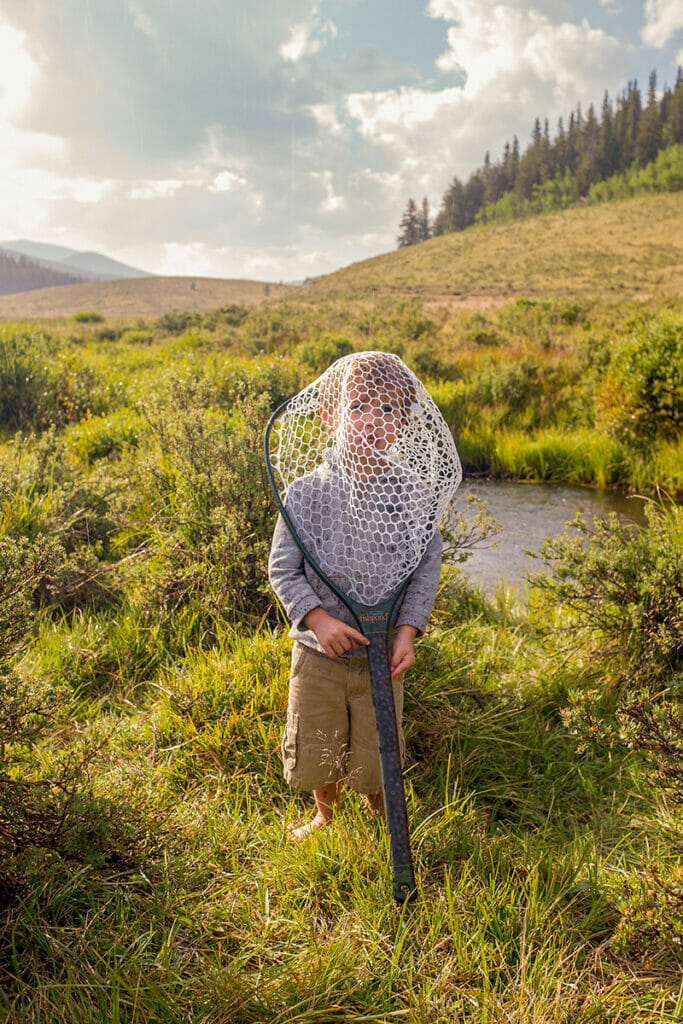
Fine! Great! Sometimes when I’m fishing myself, I cheer for the fish!
Don’t quit. Don’t lose faith. It’s supposed to be difficult. Embrace that. Learning curves are cool, and they sure as heck shouldn’t be barriers, especially in a sport that connects you with the outdoors and all the wonderful feelings you can have as river currents wrap around your shins.
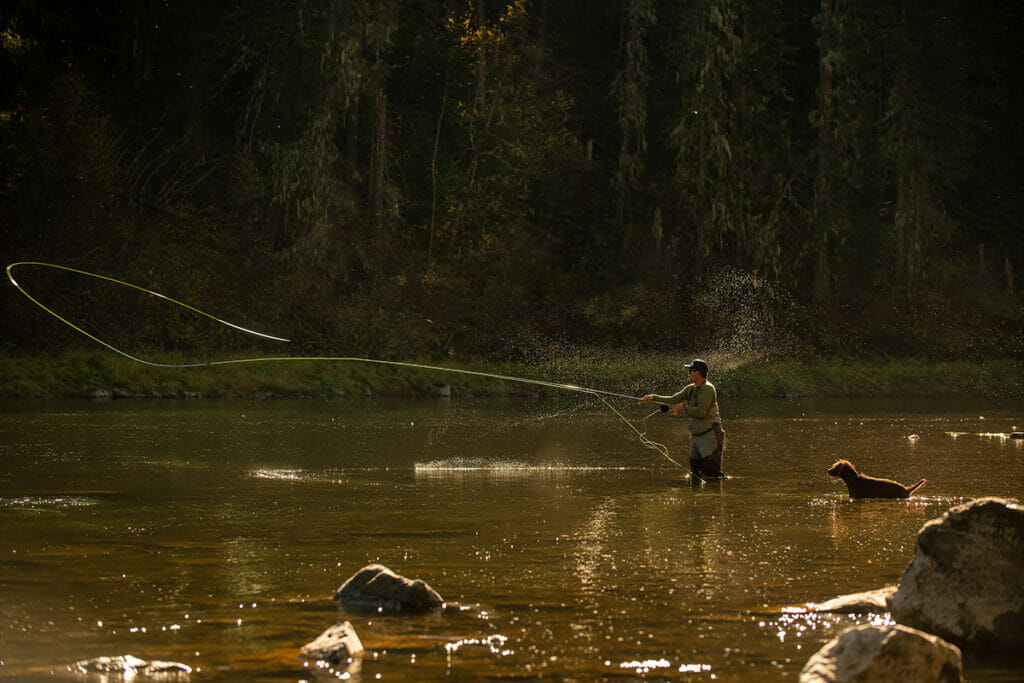
And know that if you need help, there are many people willing to mentor, lend a hand, offer advice, whatever.
We live in a world of “instant gratification.” When I was writing term papers in college, if I needed to learn more about Commodore Perry and the Battle of Lake Erie, that meant a whole afternoon in the stacks of the library. Today, you Google for answers on your cell phone.
And in the trout-fishing world, some guides have figured out ways to sidestep actually teaching how to fish, so that anyone who can hold a fly rod and lift when they hear “set” can land a fish. So much in magazines, and websites, and other media, has been dedicated to “dumbing it down.”
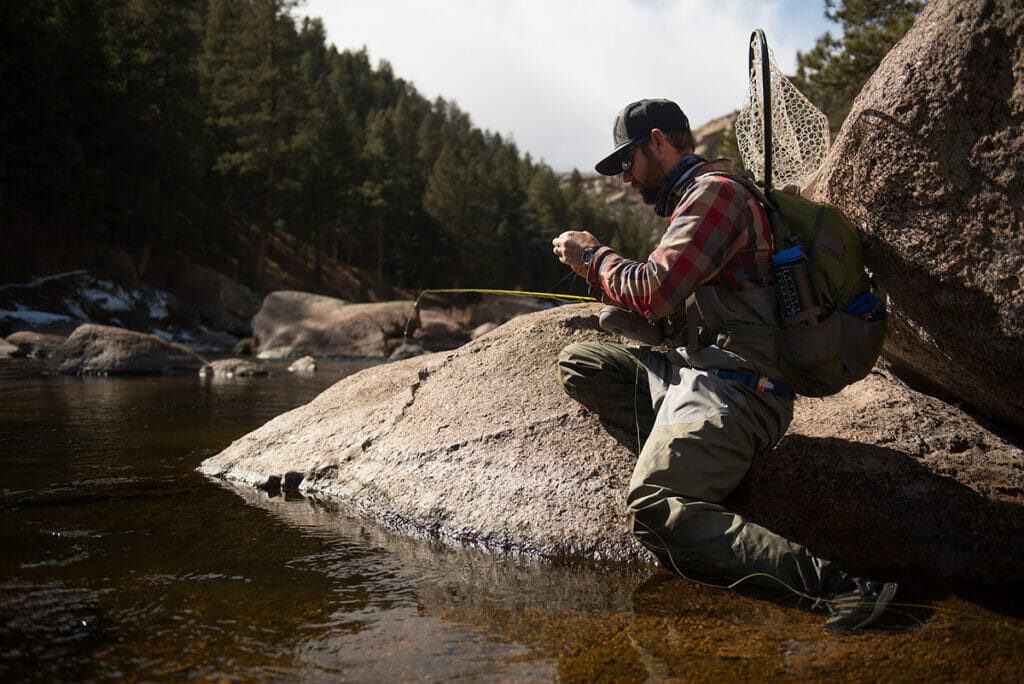
That’s fine, I guess. I’m all for simplifying and making the sport more inviting and less daunting.
But problem solving always has been, and always will be, the essence of fly fishing for trout.
Any trout caught simply because a guide yells “strike” and nothing more is a “participation trophy.” I often wonder how many “participation trophies” guides should be handing out.
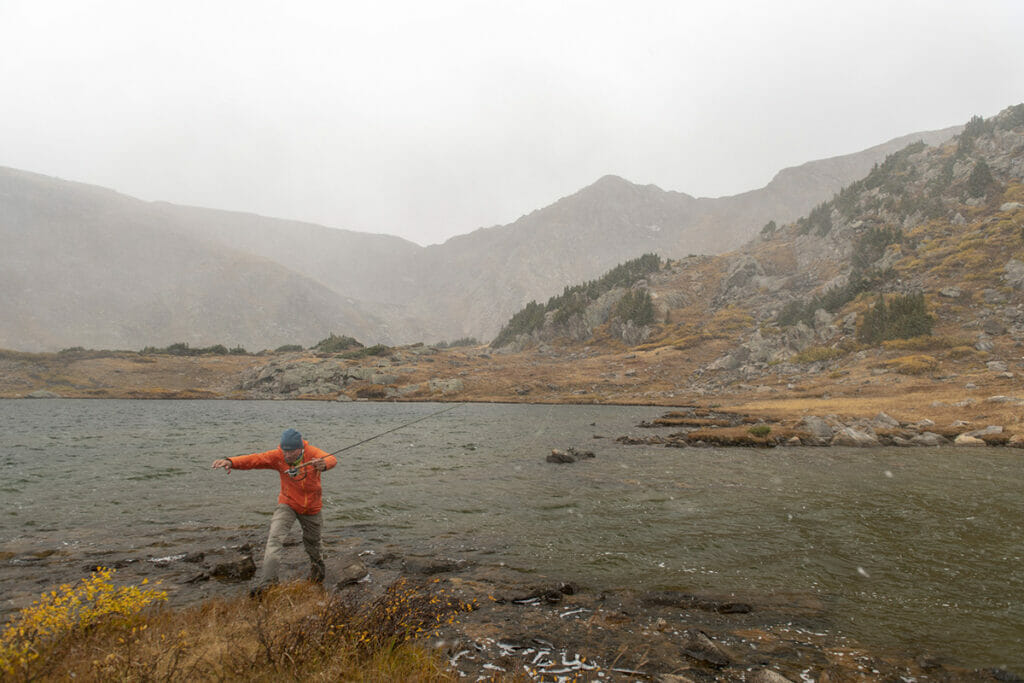
A real “trophy” fish has nothing to do with how long it is, how fat it is, what species it is, or what line you used to land it (apologies to the International Game Fish Association).
A real trophy is a fish you catch yourself… by your own means… using whatever skills you’ve developed, no matter how basic or humble they might be, with a genuine understanding of what it really took to get there.
Failure is, in truth, the key to satisfaction. Because when you do link all those variables together—you find the fish, you make the cast, you choose the bug, and you present it just right… and you see that big ‘ol snout come up for a sip… that’s the best puzzle you’ll ever solve. And that’s the greatest measure of success any fly angler can hope to realize.
